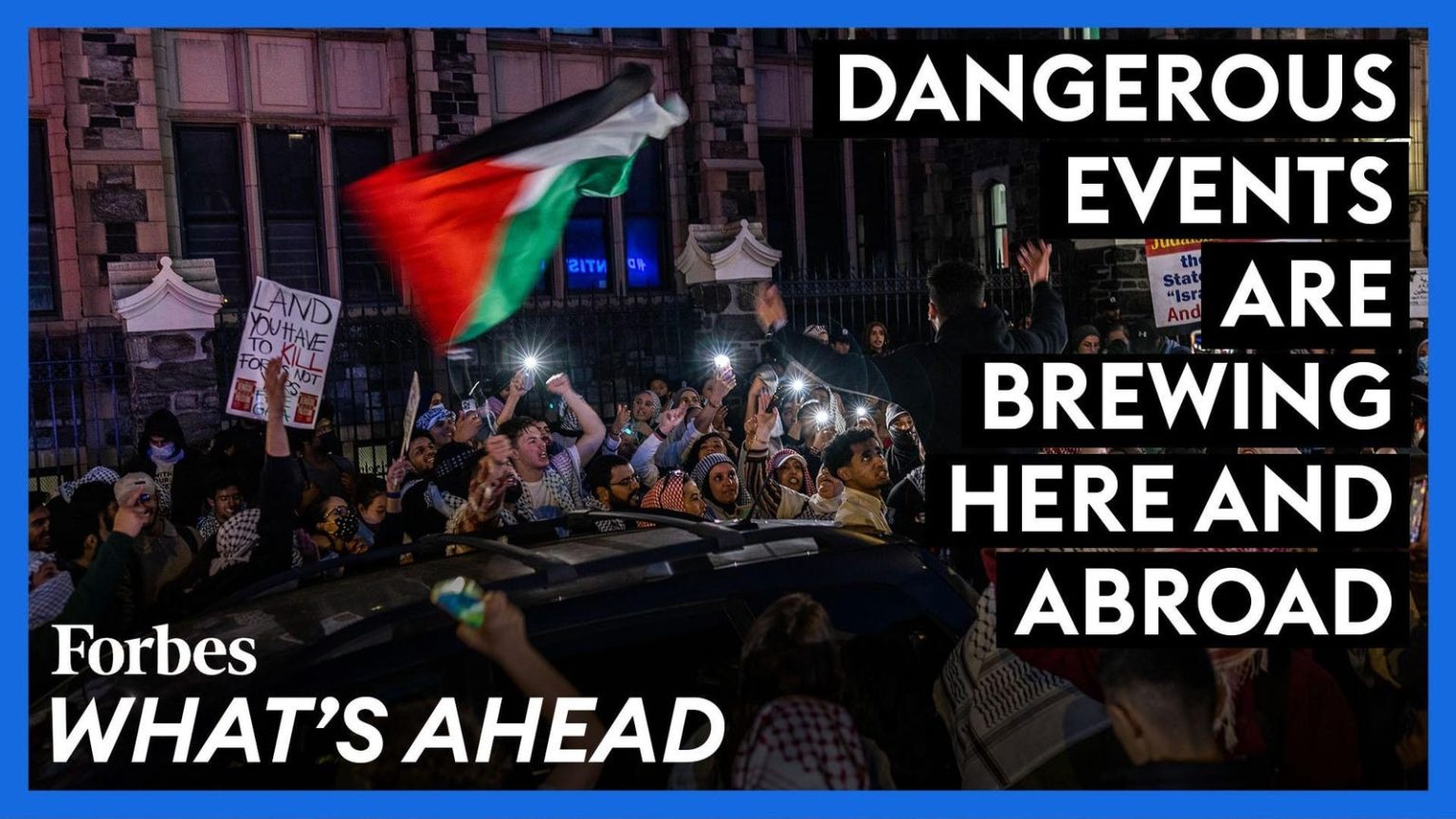As tensions rise both domestically and internationally, dangerous events are brewing that could have far-reaching consequences. In the United States, political tensions are at an all-time high, with the recent storming of the Capitol building serving as a chilling reminder of the fragility of democracy. The threat of further political violence looms large as the country grapples with deep divisions and a contested election. Law enforcement agencies are on high alert, bracing for potential unrest in the coming weeks and months.
Overseas, a number of volatile situations are unfolding that could threaten global stability. In the Middle East, escalating tensions between the United States and Iran have raised concerns about the possibility of a military conflict. The recent assassination of a top Iranian nuclear scientist has only added fuel to the fire, with Iran vowing to retaliate against those responsible. The region is already a powder keg of competing interests and alliances, and any further escalation could have dire consequences for the entire world.
In Europe, the fallout from Brexit continues to roil the continent as the United Kingdom struggles to define its relationship with the European Union. Trade negotiations between the two sides have stalled, with the possibility of a no-deal Brexit still looming large. The economic ramifications of such an outcome could be significant, not just for the UK but for the EU as well. Adding to the uncertainty is the rise of populist and nationalist movements across the continent, which threaten to upend the established order and create further instability.
In Asia, tensions between China and Taiwan are reaching a boiling point, with Beijing increasingly asserting its claims over the self-governing island. The United States has pledged to support Taiwan in the event of an attack, raising the specter of a potential conflict between the world’s two largest economies. The South China Sea also remains a flashpoint, with China’s aggressive actions in the region drawing condemnation from neighboring countries and the international community. The risk of a military confrontation in the region is growing, with potentially catastrophic consequences for global trade and security.
Closer to home, the continued spread of the coronavirus pandemic is exacerbating existing social and economic inequalities, with marginalized communities bearing the brunt of the crisis. The slow rollout of vaccines in many countries has raised concerns about the possibility of new variants emerging that could evade current treatments. The economic fallout from the pandemic is also worsening, with millions of people struggling to make ends meet as businesses shutter and jobs disappear. The long-term effects of the pandemic on society are still unknown, but the challenges it has exposed are unlikely to be resolved anytime soon.
In the face of these mounting threats, it is more important than ever for governments and international organizations to work together to address the root causes of conflict and instability. Diplomacy and dialogue must be prioritized over saber-rattling and brinkmanship if we are to avoid a catastrophic breakdown of global order. The challenges facing the world may seem insurmountable, but with concerted effort and a commitment to peace and cooperation, we can navigate these dangerous times and build a better future for all.


